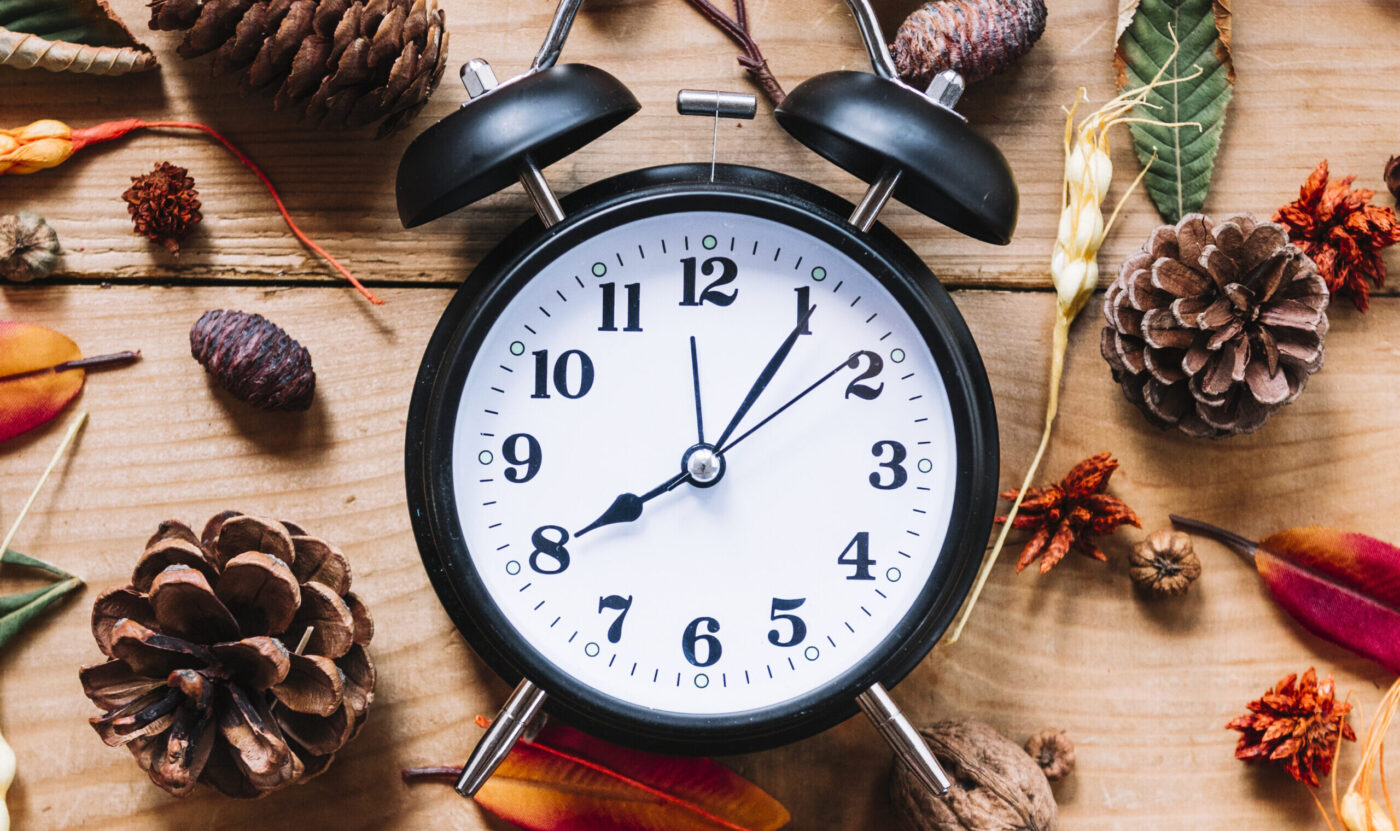Health
Daylight Saving Time: A Closer Look at Its Impact on Lives

Daylight Saving Time (DST) has been a topic of debate and discussion as clocks move forward one hour in spring and fall back one hour in autumn. This biannual change affects millions of people around the world, prompting questions about its benefits and drawbacks.
Understanding Daylight Saving Time
DST aims to make better use of daylight during the longer days of spring and summer. By advancing clocks by one hour, individuals can enjoy more evening sunlight, potentially leading to increased outdoor activities and energy savings. However, the transition also means that many people lose an hour of sleep, which can disrupt daily routines.
The concept of DST traces back to the late 19th century. New Zealand entomologist George Hudson proposed the idea in 1895 to extend his collecting hours for insects. While initially met with skepticism, the idea gained traction. Germany was the first country to implement DST during World War I, aiming to conserve fuel and resources.
Analyzing the Pros and Cons of DST
Supporters of DST argue that it promotes safety and encourages outdoor activities. More daylight in the evening reduces the likelihood of accidents and crime, as children can play outside longer. Additionally, energy consumption may decrease when people use natural light instead of electric lighting.
Conversely, the shift can lead to negative health impacts. Research from Britannica indicates that losing an hour of sleep can increase the risk of a heart attack by 10 percent. This disruption in sleep patterns poses challenges for many, particularly for those adjusting to the time change.
Globally, DST is not universally adopted. Approximately 30-40 percent of countries implement this system. Nations closer to the Equator often do not find it necessary, as daylight hours remain relatively constant throughout the year.
As discussions about DST continue, individuals are encouraged to reflect on its personal impact. For some, the change may be merely an inconvenience, while for others, it could significantly affect their daily lives.
In summary, while Daylight Saving Time offers potential benefits in terms of increased daylight and energy savings, the associated health risks and disruptions to sleep cannot be overlooked. As society evolves, the question of whether this practice remains beneficial warrants ongoing examination.
-

 Sports2 months ago
Sports2 months agoNetball New Zealand Stands Down Dame Noeline Taurua for Series
-

 Entertainment2 months ago
Entertainment2 months agoTributes Pour In for Lachlan Rofe, Reality Star, Dead at 47
-

 Entertainment1 month ago
Entertainment1 month agoNew ‘Maverick’ Chaser Joins Beat the Chasers Season Finale
-

 Sports2 weeks ago
Sports2 weeks agoEli Katoa Rushed to Hospital After Sideline Incident During Match
-

 Sports2 months ago
Sports2 months agoSilver Ferns Legend Laura Langman Criticizes Team’s Attitude
-

 Politics1 month ago
Politics1 month agoNetball NZ Calls for Respect Amid Dame Taurua’s Standoff
-

 Sports1 week ago
Sports1 week agoJamie Melham Triumphs Over Husband Ben in Melbourne Cup Victory
-

 Entertainment3 months ago
Entertainment3 months agoKhloe Kardashian Embraces Innovative Stem Cell Therapy in Mexico
-

 World3 months ago
World3 months agoPolice Arrest Multiple Individuals During Funeral for Zain Taikato-Fox
-

 Sports3 months ago
Sports3 months agoGaël Monfils Set to Defend ASB Classic Title in January 2026
-

 Entertainment2 months ago
Entertainment2 months agoTyson Fury’s Daughter Venezuela Gets Engaged at Birthday Bash
-

 Sports2 months ago
Sports2 months agoHeather McMahan Steps Down as Ryder Cup Host After Controversy


















